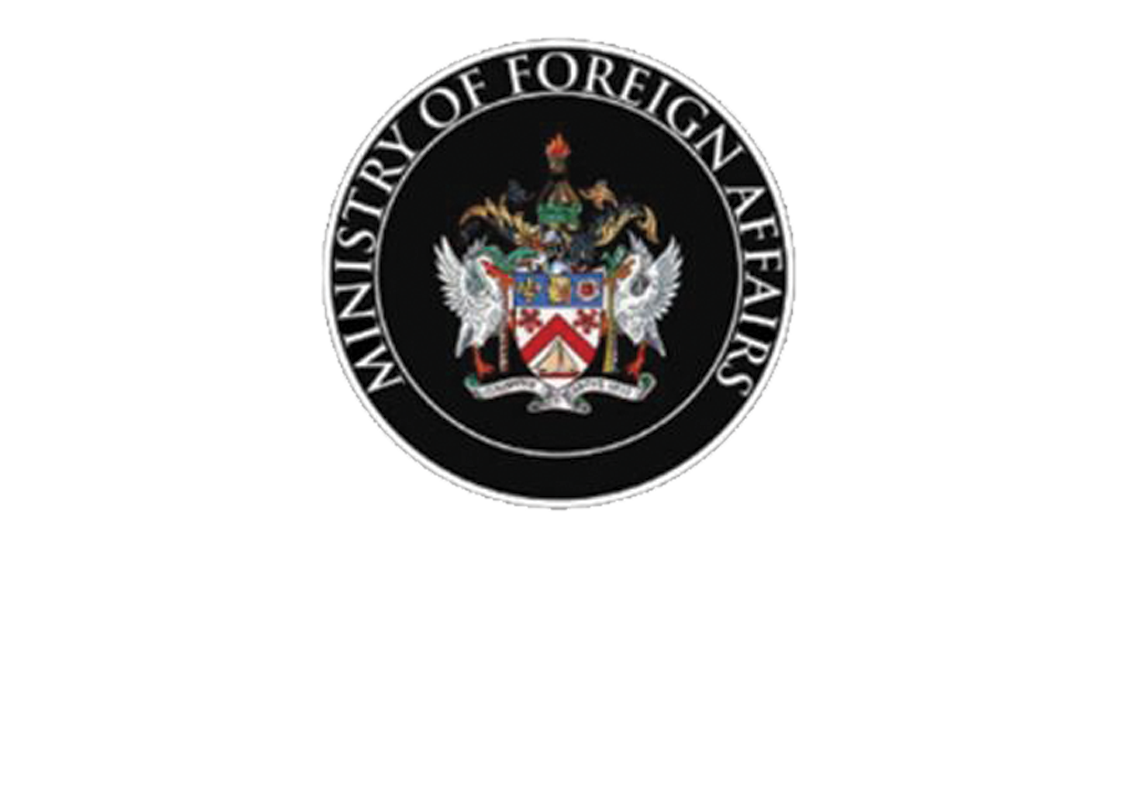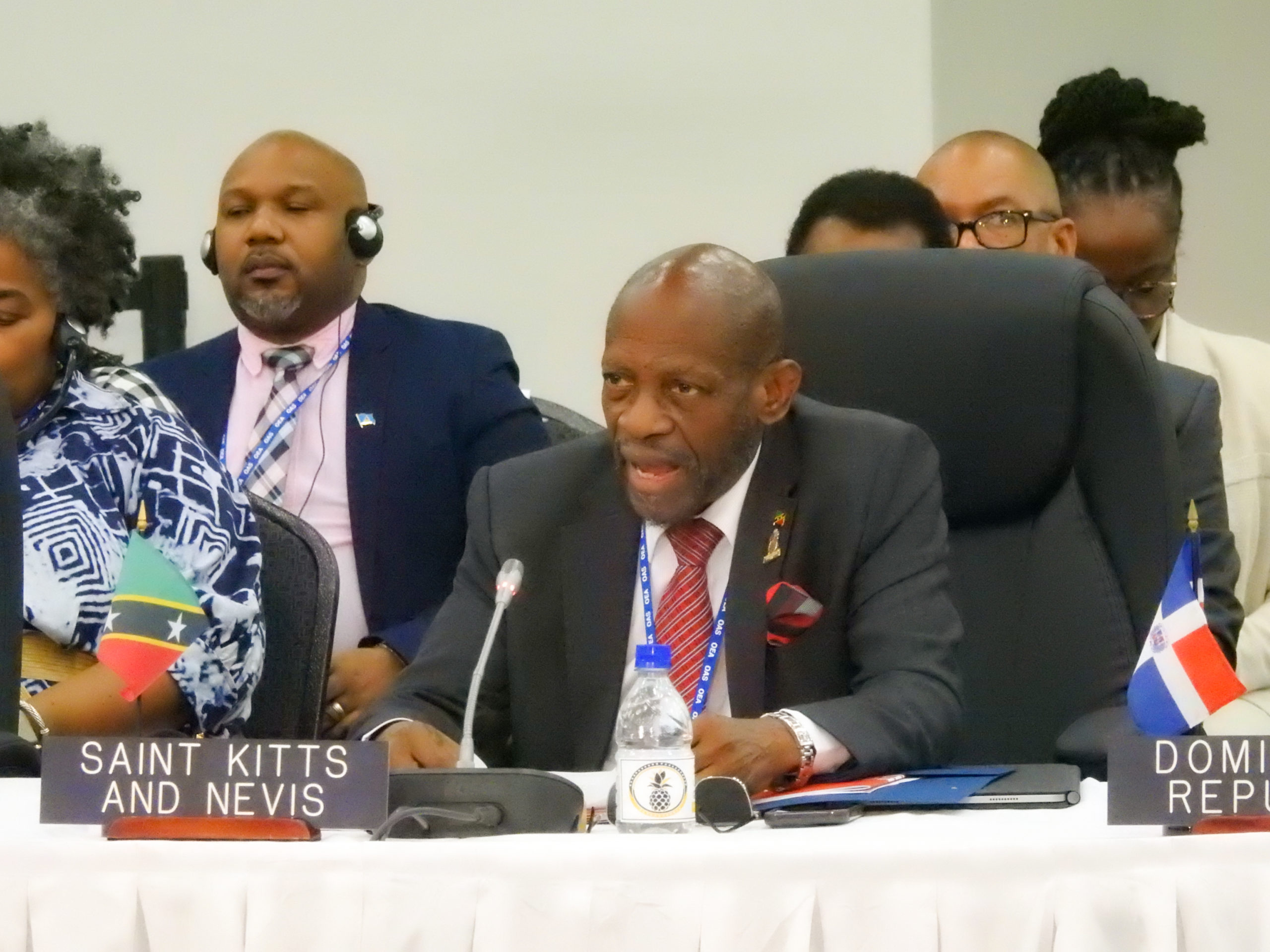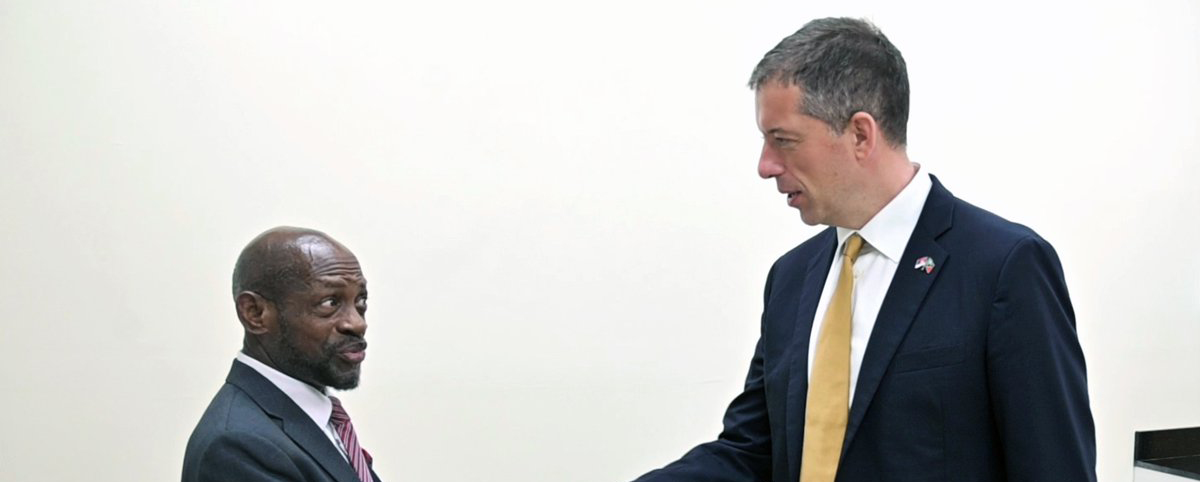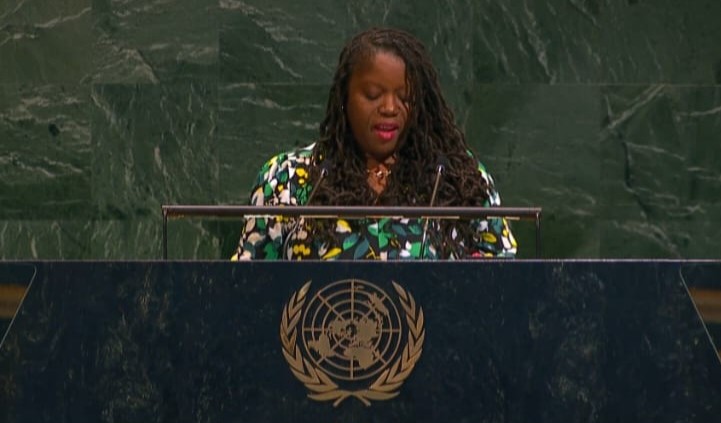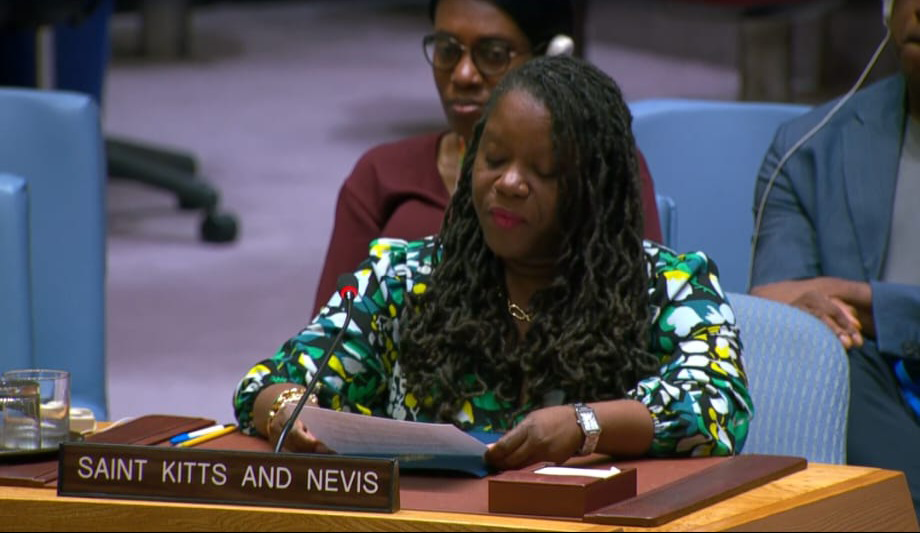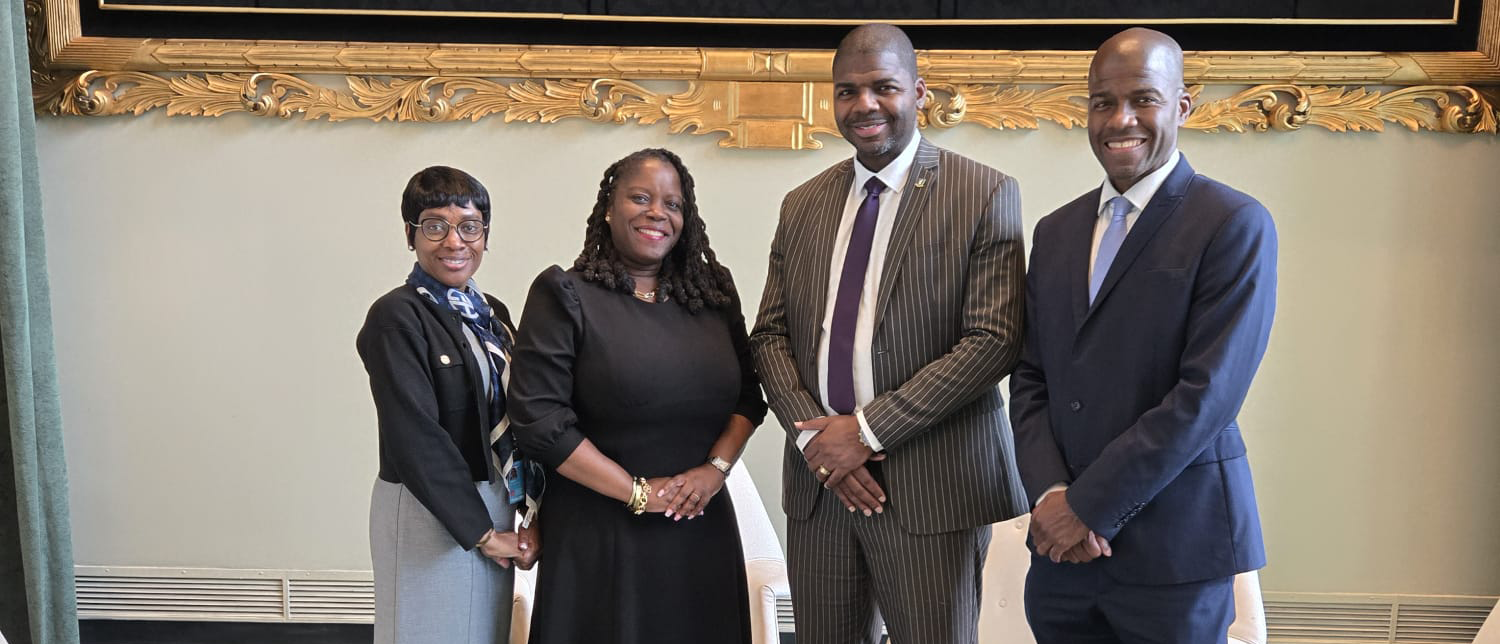Services
Protocol
A comprehensive guide on diplomatic protocol and etiquette, tailored to diplomats, government officials, and international visitors. Include information on official ceremonies, diplomatic receptions, and protocol for hosting foreign dignitaries. Provide resources such as protocol manuals, precedence lists, and guidelines for flag and anthem usage.
General Roles & Duties
Specific Protocols
- The Use of the VIP Lounge
- Official Visits by Ministers and Other Dignitaries
- Protocols for Hosting an Event
- Reception on Board of Warships
- State Dinner Protocols
- Order of Precedence for the Federation of Saint Kitts and Nevis
- National Flag Protocols
- Code of Etiquette for the playing of the National Anthem
- Coat of Arms Protocols
- Accreditation
- Consular Matters
- Requirements for Various Certificates
- Repatriation of a body from the UK to Saint Kitts & Nevis
- Types of Citizenship

